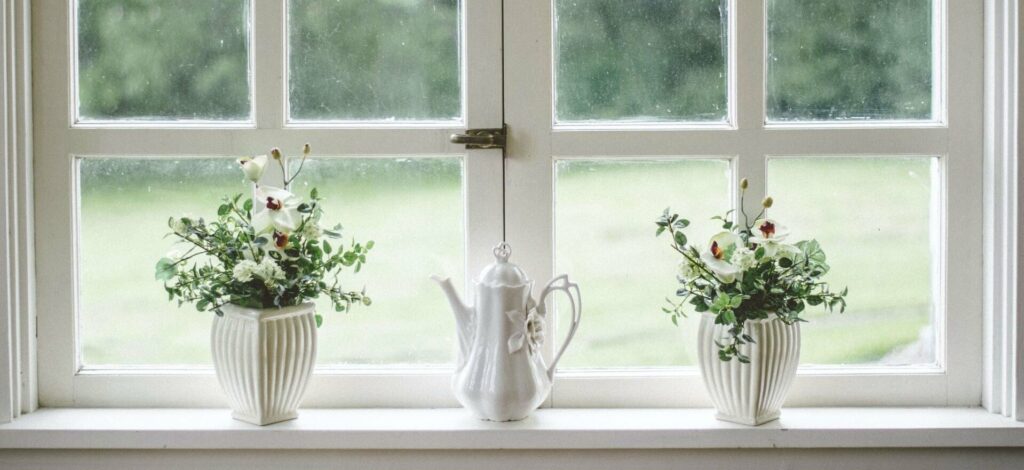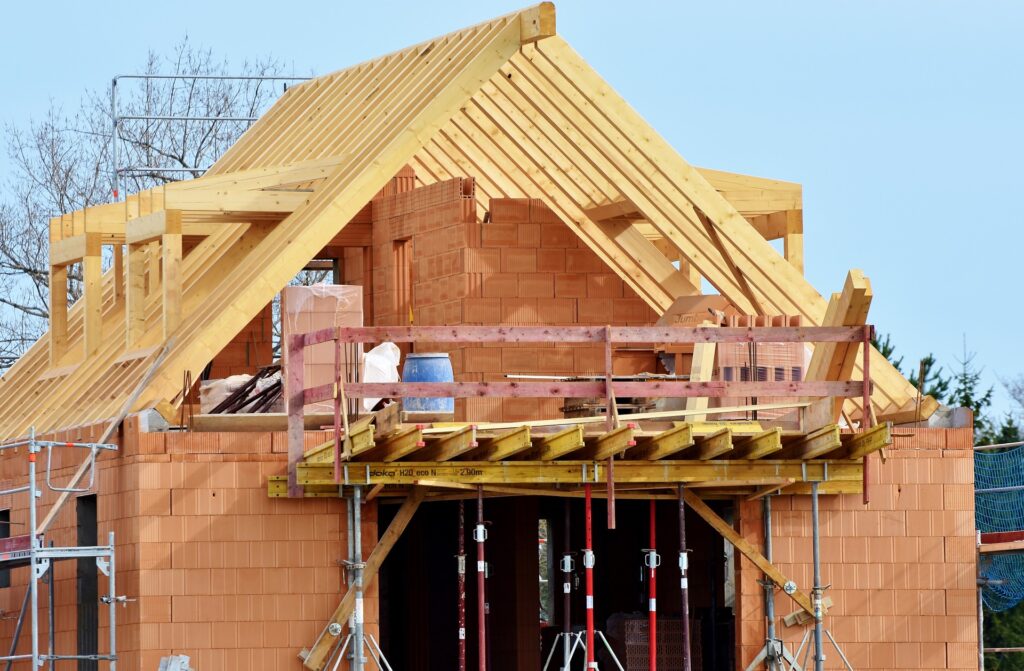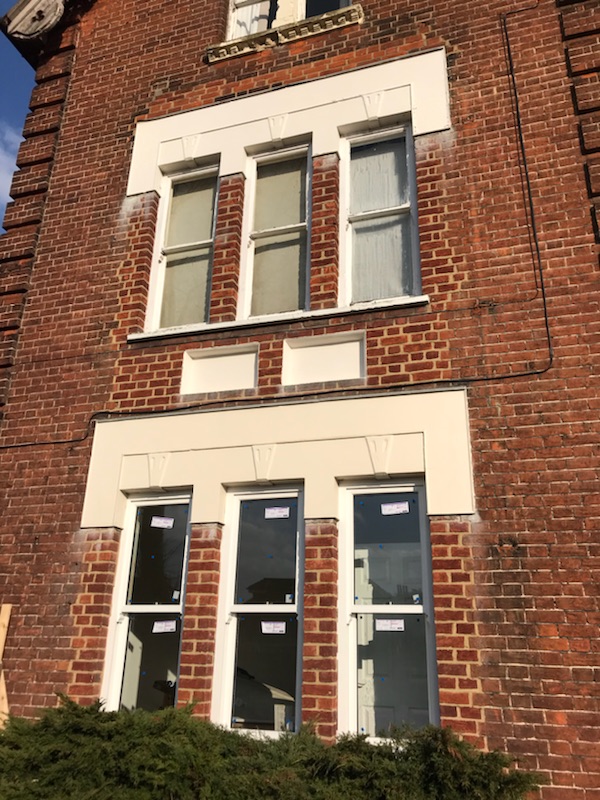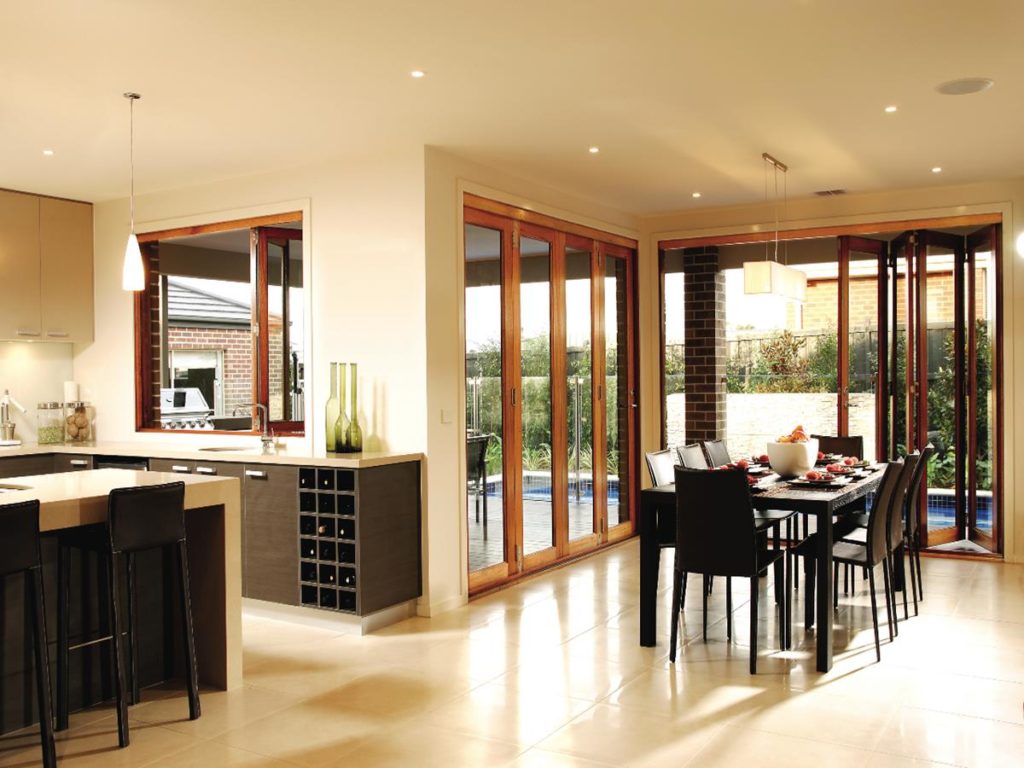In the UK, it’s a legal requirement to comply with Building Regulations when installing new or replacement windows.
Building regulations for windows in the UK are a set of rules and guidelines that ensure all new and replacement windows meet certain standards for safety, energy efficiency, and ventilation.
These regulations are important because they help keep you and your family safe, reduce your energy bills, and make your home more comfortable.
In this comprehensive guide to the Building Regulations for windows in the UK, we’ll discuss what regulations apply to new and replacement windows, how to comply with the regulations, and why they’re important.
Approved documents for Building Regulations

The approved documents for Building Regulations in the UK provide detailed guidance on how to comply with the regulations. The following documents are relevant for new or replacement windows:
Part L: Conservation of fuel and power
Part L of the Building Regulations sets out requirements for the energy efficiency of windows. New and replacement windows have a maximum U-value allowed of no more than 1.2 W/m².K and a Window Energy Rating (WER) of B or better.
The U-value is a measure of how much heat is lost through a material, and the WER is a measure of the overall energy efficiency of a window.
Part B: Fire safety
Part B of the Building Regulations outlines the requirements for fire safety in buildings – in short, new and replacement windows in habitable rooms must have suitably sized window openings to provide emergency escape.
The openable area in such a window must be at least 0.33 m² and at least 450 mm high or wide. This requirement is in place to make sure that you and your family can escape safely from your home in the event of a fire.
Part F: Ventilation
Part F of the Building Regulations is about the requirements for ventilation in buildings. New and replacement windows must provide adequate ventilation. This can be achieved through background ventilators, trickle vents, or openable windows.
Ventilation is important to remove stale air and moisture from your home, which can improve indoor air quality and reduce the risk of mould growth.
British Standards (BS)
In addition to the approved documents, there are also a number of British Standards (BS) that are relevant to windows. These standards provide technical guidance on how to design, manufacture, and install windows in compliance with the Building Regulations.
The following BS are particularly relevant to new or replacement windows:
- BS EN 1279-2:2018 – This is a two part standard that covers glass in building, insulating glass units, and evaluation of conformity/product standard
- BS 8213-1:2016 – This British Standard covers windows, doors and rooflights. The relevant part for you is Part 1, which goes through performance requirements and classification for weathertightness, ventilation, heat transfer and safety in use.
- BS 7950:1999 – This standard is the specification for the enhanced security performance of windows for domestic applications, including doors and shutters.

What Building Regulations apply to windows?
The exact Building Regulations that apply to windows depend on whether you are installing new windows or replacing existing windows.
New windows

All new windows must comply with the following Building Regulations:
- Part L: New windows must have a U-value of no more than 1.2 W/m².K and a Window Energy Rating (WER) of B or better.
- Part B: New windows in habitable rooms must be able to open to provide emergency escape. The window opening must be at least 0.33 m² and at least 450 mm high or wide.
- Part F: New windows must provide adequate ventilation. This can be achieved through background ventilators, trickle vents, or openable windows.
Replacement windows
Replacement windows must comply with the following Building Regulations:
- Part L: Replacement windows must have a U-value of no more than 1.4 W/m².K and a WER of B or better.
- Part B: Again, replacement windows in habitable rooms must be able to open to provide emergency escape, unless the room already has another means of escape.
Building Regulations Certificate of Compliance

Once you’ve installed new or replacement windows in your home, you must obtain a Building Regulations Certificate of Compliance, such as a Fenestration Self-Assessment Scheme certificate (FENSA certificate), from a qualified professional. This certificate confirms that your windows comply with the relevant Building Regulations.
There are two main ways to obtain a Building Regulations Certificate of Compliance for windows:
- Competent Person Scheme: You can hire a qualified installer who is registered with a Competent Person Scheme. The Competent Person Scheme is a government-approved scheme that ensures installers have the necessary skills and knowledge to comply with the Building Regulations. Once the installer has completed the work, they will issue you with a Building Regulations Certificate of Compliance.
- Building Control Body: If you install the windows yourself, or you hire someone who isn’t registered with the Competent Person Scheme, you can apply for a Building Regulations Certificate of Compliance directly from a Building Control Body. A Building Control Body is a local authority or private company authorised to enforce Building Regulations in your area. To apply for a Building Regulations Certificate of Compliance, you’ll need to submit a building notice to the Building Control Body before the work begins. Once the work is completed, a Building Control Officer will inspect your windows to ensure they comply with the Building Regulations. Once the inspection is satisfactory, the Building Control Body will issue you with your Building Regulations Certificate of Compliance.
Why do you need a Certificate of Compliance?
There are a number of reasons why you need a Certificate of Compliance:
- To comply with the law: Firstly, since April 2002, it’s a legal requirement to have a Building Regulations Certificate of Compliance for new or replacement windows. A FENSA certificate is a type of Building Regulations Certificate of Compliance, so you don’t need a separate Building Regulations Certificate of Compliance if you have a FENSA certificate.
- To sell your home: If you’re planning to sell your home, you will likely be asked to provide a Building Regulations Certificate of Compliance for the windows to the buyer. Many mortgage lenders also require borrowers to obtain one for any major home improvement work, including window installation.
- To protect your warranty: Many window manufacturers and installers offer warranties on their products and services. However, these warranties may be invalid if you don’t obtain a Certificate of Compliance.
- To ensure your windows are safe and energy efficient: A Building Regulations Certificate of Compliance confirms your windows have been installed to a high standard and comply with all safety requirements. It also confirms that your windows have a low U-value, which means that they are energy efficient and will help to reduce your energy bills.
Why are Building Regulations important?
Why do you have to conform to Building Regulations? Again, since 2002, new building regulations have applied to all new glazing and replacement glazing, to ensure buildings are safe and energy efficient. Why does that matter?
- Safety: Building Regulations help ensure windows are safe for people to use. This includes requirements for safety glazing, fire safety, and accessibility.
- Energy efficiency: Building Regulations help reduce overall energy consumption and greenhouse gas emissions by requiring windows to have a low U-value.
- Comfort: Building Regulations help ensure homes are comfortable and healthy to live in. This includes requirements for ventilation and thermal performance.
Let’s explore this in more depth:
Thermal heat loss
U-value is a measure of how much heat is lost through a material. The lower the U-value, the better the insulation and the less heat is lost. New and replacement windows must have a low U-value to comply with Building Regulations.
Safety glazing
Safety glazing is designed to reduce the risk of injury from broken glass. All new and replacement windows in habitable rooms must use safety glazing.
Ventilation
Ventilation is important to remove stale air and moisture from your home. New and replacement windows must provide adequate ventilation to comply with Building Regulations.
Fire Safety
Fire safety is important to ensure you and your family can escape safely from your home in the event of a fire. New and replacement windows in habitable rooms must be able to open to provide emergency escape, unless the room already has another means of escape.
Buy timber windows and doors from Windows & Doors UK

Building Regulations for windows in the UK are important to ensure your home is safe and energy efficient. By complying with the Building Regulations, you can help to reduce your energy bills, make your home more comfortable, and meet your legal obligations.
To find out more about window and door regulations, get in touch with our friendly, knowledgeable team today. When you need replacement windows and doors, choose Windows & Doors UK for bespoke, hardwood windows and doors.
Do I need Building Regulations for double glazing?
Yes, all new and replacement double glazing must comply with the Building Regulations for windows.
What are the Building Regulations for replacement windows?
Replacement windows must have a U-value of no more than 1.4 W/m².K and a WER of B or better. They must also use safety glazing, provide adequate ventilation, and be able to open providing a lifeline in case of fire.
What are the regulations for new windows?
New windows must have a U-value of no more than 1.2 W/m²K, a WER of B or better, and use safety glazing. They must also provide adequate ventilation and be able to open to provide emergency escape in habitable rooms.
Do I need a FENSA certificate if I have Building Regulations?
A
FENSA certificate is a type of Building Regulations Certificate of Compliance. If you have a FENSA certificate, you do not need any other Building Regulations Certificate of Compliance.
Please note, FENSA DOESN'T cover conservatories, porches, new builds, extensions, repairs, or commercial properties.
Am I allowed to fit my own windows?
Yes, of course you're allowed to fit your own windows, but you must ensure they comply with the Building Regulations. Once they're fitted, you should seek approval from the relevant Building Control Body at your local authority. They'll check each replacement window or door, and if satisfied, will issue you a certificate of compliance.
If you aren't sure, you should consult a qualified professional. Or have a
professional installer registered with the
Competent Person Scheme, to carry out the work. They'll install your windows and doors without involving the local authority building control. When the work is complete, you'll receive a certificate showing the work was done by a registered installer.




